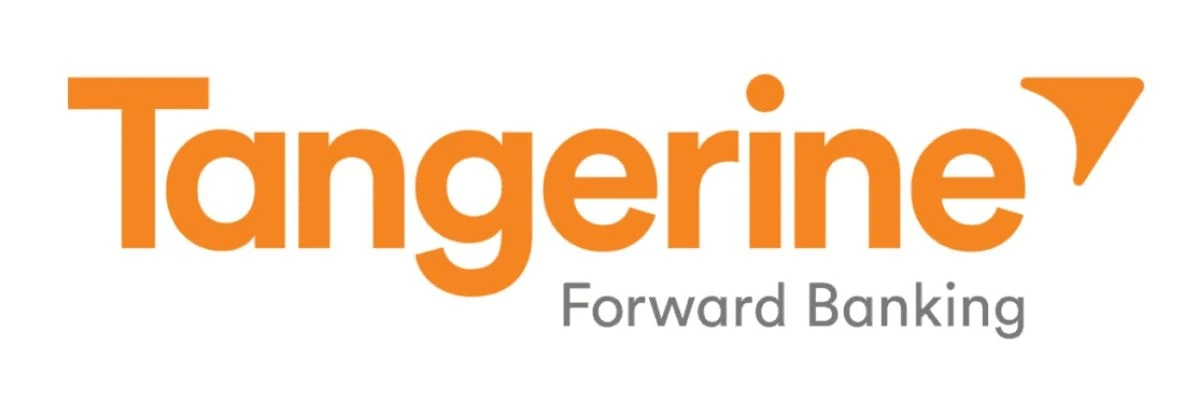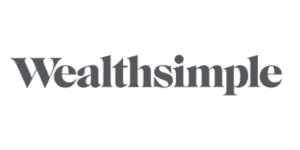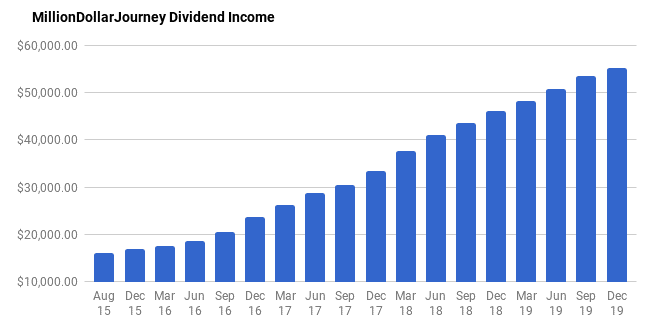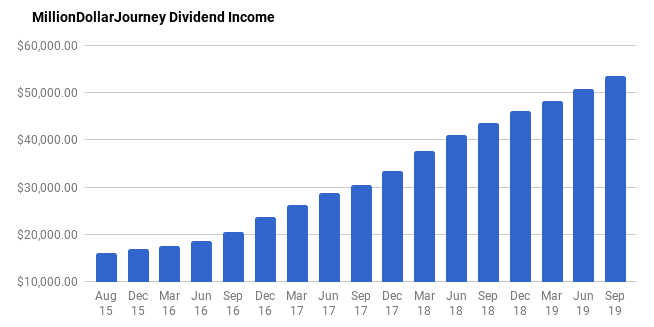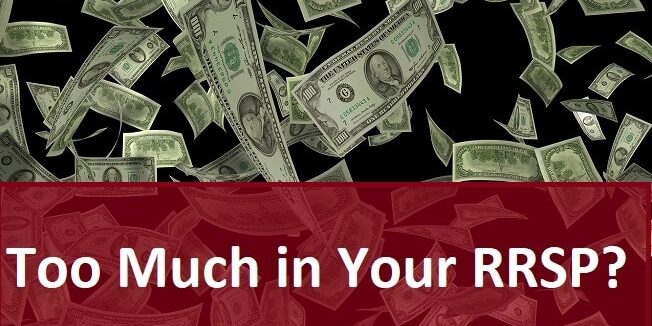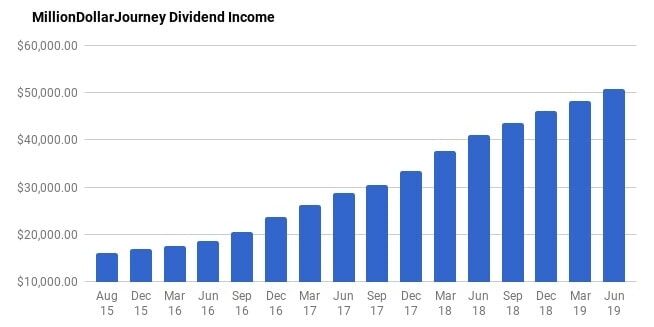Wealthsimple vs. Tangerine in 2024
When you’re considering online banking and investment options in Canada, you’re likely to run into recommendations for Wealthsimple Invest and Tangerine Bank. These are two online financial powerhouses, and they each excel in a particular area. But how to they compare?
This article puts Wealthsimple and Tangerine Bank head to head, but keep in mind that it’s not a simple robo-advisor vs robo-advisor comparison like our Wealthsimple vs Justwealth article. Tangerine is a bank and Wealthsimple is an investment platform, so we’ll be looking at Tangerine’s investment options vs Wealthsimple’s robo-advisor service, Wealthsimple Invest.
Which one will come out on top? If you’ve read our list of the Top Robo-Advisors in Canada, you’ll have an idea. But let’s dig in and look at the details.
Wealthsimple or Tangerine? Quick Comparison Chart
Tangerine | WealthSimple | |
General Concept | Passive Investing | Passive Investing |
Fees (Management Fees & MERs) |
|
|
Investment Options | Tangerine mutual funds, Scotia ETFs | More than 50 different ETFs
from a variety of top providers
|
SRI Options | ||
Minimum Investment | $25 | $1 |
Portfolio Options | 5 Tangerine mutual fund portfolios, 4 Global ETF Portfolios, 4 SRI ETF portfolios | selection of 30 ETF portfolios (standard, SRI, and Halal options, each with a risk level from 1-10 |
Account Types | RRSP, TFSA, RRIF, Non-registered | RRSP, Spousal RRSP, TFSA, LIRA, RRIF, LIF, RESP, Non-registered |
Returns | 3.43-9.24% annualized growth (for mutual funds. ETF portfolio data not available) | 1.67-5.12% annualized growth |
Bonus Perks/Features | None |
|
Additional services |
|
|
Mobile App | ||
Promo Offer | $50 sign-up bonus | |
Sign Up |
Of course, we have more to say than we could cram in a single chart. Our detailed Wealthsimple vs Tangerine comparison below will show you exactly how the two investment platforms compare. We’ll show you the similarities and tease out exactly how they’re different – and (most importantly) what those differences mean for you.
By the time we’re done, you’ll have a clear picture of what makes each one stand out and which company is the better option for your hard earned dollars.
Wealthsimple vs Tangerine: Different Institutions, Similar Approach
Wealthsimple is a fintech company and Tangerine is a digital bank, but both maintain a commitment to making passive investing easy and fun (OK, well, easy anyway). Tangerine has been in the game for over 10 years, offering investors their custom diversified mutual funds with the same “Invest on Autopilot” approach that companies like Wealthsimple are selling.
They’re like the granddaddy of robo-advisors (everyone say, “Thank you, Tangerine”).
However, doing it for longer doesn’t mean doing it better.
Companies like Wealthsimple have had the opportunity to build on the foundation that Tangerine created, making improvements where Tangerine failed to innovate. Tangerine just started offering ETF portfolios a few years ago, and we wouldn’t be surprised if it was because they felt the heat from robo-advisors like Wealthsimple.
Wealthsimple vs Tangerine: Security
Wealthsimple’s custodial institution (the bank that actually holds your money) is a member of the Investment Industry Regulatory Organization of Canada (IIROC) and the Canadian Investor Protection Fund (CIPF). All accounts have CIPF protection up to $1 million.
Unlike Wealthsimple, Tangerine is an actual bank, so it’s a member of The Canada Deposit Insurance Corporation (CDIC) in its own right. All accounts have up to $100,000 insurance.
Basically, both Wealthsimple and Tangerine take security seriously. They (and their custodial institution in the case of Wealthsimple) are regulated, and they both use data encryption and 2-factor authentication to keep your information (and your money) secure.
Wealthsimple vs Tangerine: Fees
Wealthsimple’s fees are two-fold: account fees and MER. Wealthsimple charges 0.4-0.5% on all accounts, plus MERs of 0.1-0.7% depending on your portfolio—this gives you a range of 0.5-0.9%. Meanwhile, Tangerine opted to charge a single fee. This ranges from 0.77% for their new ETF portfolios and 1.06% for their classic mutual fund portfolios.
Neither company has the lowest fees for passive investing (check Questwealth Portfolios if you’re looking to slash prices), but context is everything.
While Tangerine’s classic portfolios are more expensive than even the priciest Wealthsimple portfolio, keep in mind that they’re about half the price of your typical mutual fund. This is just one of those areas where you can tell that Tangerine is a bank, not a robo-advisor.
On a related note, Tangerine will charge an inactivity fee on unused accounts. If you set up a savings account when you join Tangerine, and then you focus on your investment account(s) and don’t use the savings account, you’ll accrue inactivity fees of $10 after the first year, $20/year after the first two years. And at 10 years, there’s a $40 inactivity fee and you lose any unclaimed assets. Just something to keep an eye on.
Wealthsimple vs Tangerine: Sign-up
Signing up for both Wealthsimple and Tangerine is quick and easy. They’ll both ask for some personal identification and financial information, and they’ll take you through questions which help them determine your investment goals and preferred level of risk.
Wealthsimple vs Tangerine: Welcome Bonus
Wealthsimple currently has a promotion for our readers: a $50 cash bonus if you open an account and invest $500. If you’ve been around for even a little while, you know how we feel about welcome bonuses (We’re fans of free money. Obviously).
Wealthsimple vs Tangerine: Minimum Balance
Some robo-advisors, like Justwealth or Nest Wealth, require a minimum balance $5,000 and $1,000 respectively. Wealthsimple and Tangerine have opted to keep investing more accessible. Wealthsimple has no minimum balance at all (you can literally start investing with $5) and Tangerine requires only $25 to begin investing.
Wealthsimple vs Tangerine: Account Options
Tangerine offers a decent selection of accounts: RRSP, TFSA, RRIF as well as non-registered investment accounts. They offer joint as well as personal accounts.
Wealthsimple offers all of these options—and also offers LIRA, LIF, and RESPs. Perhaps it’s because they’re investment-focused, while Tangerine is a bank that also offers investments, but whatever the reason, we give full points to Wealthsimple Invest for providing account holders with the most options.
Wealthsimple vs Tangerine: Investment Selection
Wealthsimple creates portfolios from a selection of 50+ ETFs from a variety of top ETF providers. They have 5 socially responsible options and one Halal ETF.
Tangerine’s base portfolios aren’t ETFs at all, they’re in-house mutual funds which track the market in the same way that ETFs do (think of them as the precursor to ETFs with a lower fee than mutual funds, but higher than ETFs). Their Global ETF Portfolio is made up of 6 different Scotia ETFs in a variety of asset allocations depending on your risk tolerance and financial goals.
Wealthsimple vs Tangerine: Portfolio options
Wealthsimple offers Standard, SRI, and Halal portfolio options at personalized levels of risk from 1-10. Any dividends are automatically reinvested, and portfolios are rebalanced whenever they stray more than 30% from their ideal asset allocation.
Tangerine offers 5 core (mutual fund) portfolios, 4 Global ETF portfolios, and 4 SRI portfolios, all of which vary by risk level and financial goal. They’re rebalanced quarterly. Dividends are automatically reinvested, except for non-registered accounts, where you can indicate your preference for reinvestment or distribution.
We appreciate Wealthsimple’s attention to asset allocation and the fact that they rebalance whenever the portfolio strays too much. We don’t love how Tangerine sticks to the calendar and only rebalances quarterly, no matter what happens in the market over the course of the season.
Tangerine’s tagline is “invest on autopilot,” but we’d like to see that line apply a bit less to the bank itself. We prefer knowing that someone has an eye on our assets from month to month.
Wealthsimple vs Tangerine: Performance
Tracking performance is a tricky business, and to be honest, it doesn’t tell you a whole lot. At the time of writing, Wealthsimple is sitting between 1.67% and 5.12% annualized growth, while Tangerine is returning 3.43% to 9.24%. However, keep in mind that the data is comparing Wealthsimple’s ETFs to Tangerine’s in-house mutual funds.
Tangerine’s Global ETF portfolios haven’t been around for long enough to provide usable data (just one of the reasons why tracking performance is not an exact – or necessarily useful- science). That said, the portfolios are basically tracking the same markets – using the same index investing strategy. That means the returns are likely to be similar for each risk level over the long term.
Wealthsimple vs Tangerine: Mobile App and Website
Both Wealthsimple and Tangerine have well-designed and popular apps. In fact, at the time of writing this article, they’re sitting at #6 and #22 in the Finance category of the Apple App Store.
Tangerine’s app feels like a smooth and intuitive banking experience. A recent update introduced mandatory 2-factor authentication and some additional changes that seem to be garnering negative reviews, but they’re still sitting at a solid 4.7 on the App store.
Wealthsimple Invest’s app is streamlined and easy to use. It allows you to monitor your investments, fund your account, and contact the financial advising team easily. Wealthsimple’s user experience has been at the heart of their company since day 1, and they have invested a ton of time and money into fine tuning everything.
App store reviews are tricky because they become a dumping ground for any and all complaints about a company or its services (not just about the app), but the ratings for both the Wealthsimple and Tangerine apps are well over 4/5 stars. Clearly, they’re doing something right.
Wealthsimple vs Tangerine: Perks
One feature we love about Wealthsimple is the extra perks that are available for account holders with higher balances. Accounts over $100,000 get a discounted fee, tax-loss harvesting, and more. Accounts over $500,000 get even more than that, including a personalized financial report and a whopping 50% discount on health insurance.
Maybe it’s because investing is just one of the many things Tangerine does, but they don’t give clients extras for being big investors. It’s too bad, because Tangerine’s core portfolios have higher fees than Wealthsimple’s accounts – it would be nice if some of that money came back to you in the form of lower fees, personalized services, or discounts.
Wealthsimple vs Tangerine: Customer Service
Both Wealthsimple and Tangerine pride themselves on excellent customer service.
Tangerine has ranked #1 in the J.D. Power Canada Retail Banking Customer Satisfaction Study for the past 10 years. This award tracks customer service among mid-sized banks and includes categories such as convenience and communication & advice. Their licensed investing experts are available by phone between 8 am and 8 pm Eastern time, Monday to Friday.
Wealthsimple has a dedicated team of portfolio managers and financial experts on call by phone or email. Their financial advisors are fiduciaries, which means that they’re legally obliged to provide information that’s in your best interest. In a world where it can be hard to know whether people have our best interests at heart, it’s great to know that Wealthsimple’s team does, by law.
Tangerine or Wealthsimple? FAQ
Wealthsimple vs Tangerine Comparison: The Verdict
Both Wealthsimple and Tangerine will help you grow your money without worrying about buying and selling investments yourself. They both have reasonable fees and socially responsible investment options.
That said, Wealthsimple has a decisive edge.
They have more account options for you to consider, lower fees, and a larger ETF selection from top ETF providers (as the digital branch of Scotiabank, Tangerine uses Scotia ETFs only).
Wealthsimple has a welcome bonus plus perks for bigger accounts. They’re easy to sign up for and they have a fantastic online platform. Frankly, the only reason to go with Tangerine over Wealthsimple here is if you’re a banking client of theirs (or plan to be) and want to keep everything in one place.
I've Completed My Million Dollar Journey. Let Me Guide You Through Yours!
Sign up below to get a copy of our free eBook: Can I Retire Yet?

